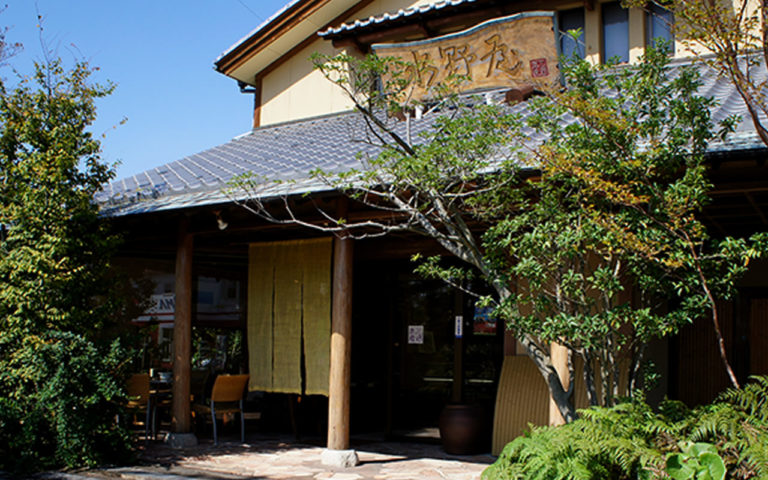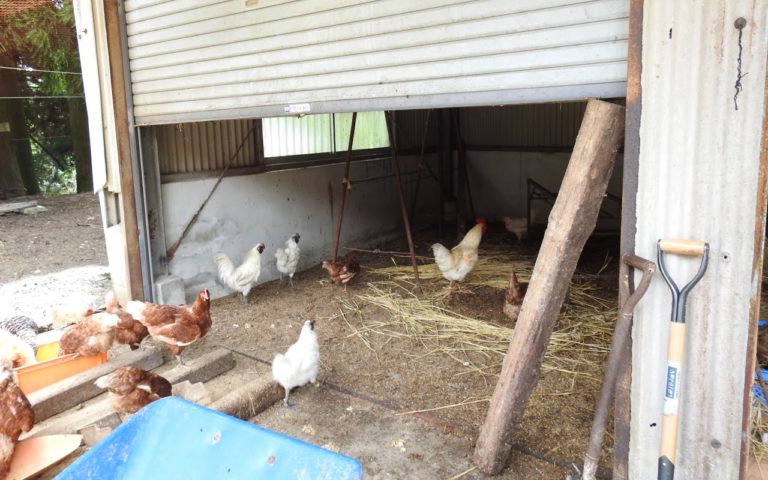
Category Issues

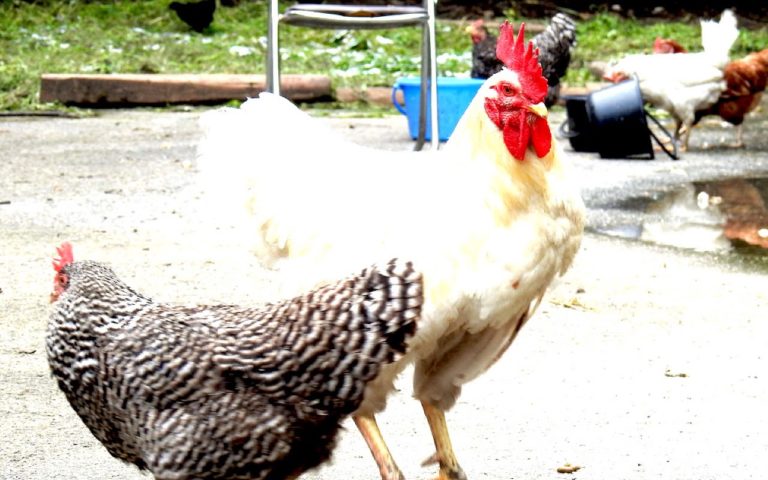
Natural yeast bread Hidamari Cafe nuku nuku is cage-free
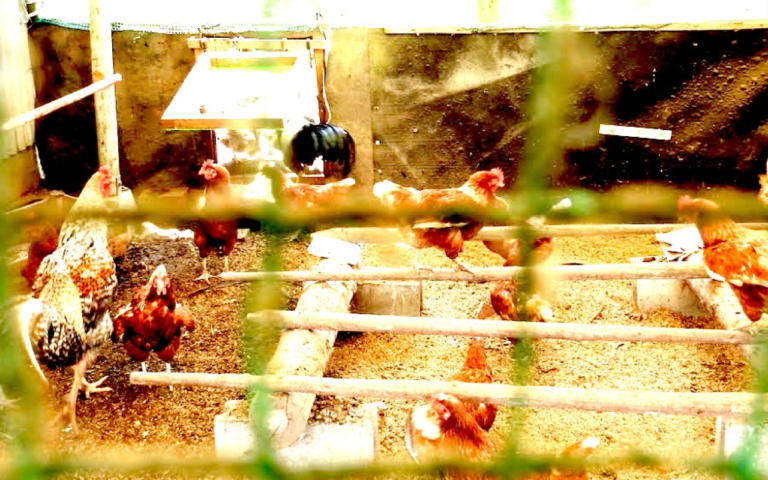
A baked sweets shop TOUCA BAKE SHOP is cage-free
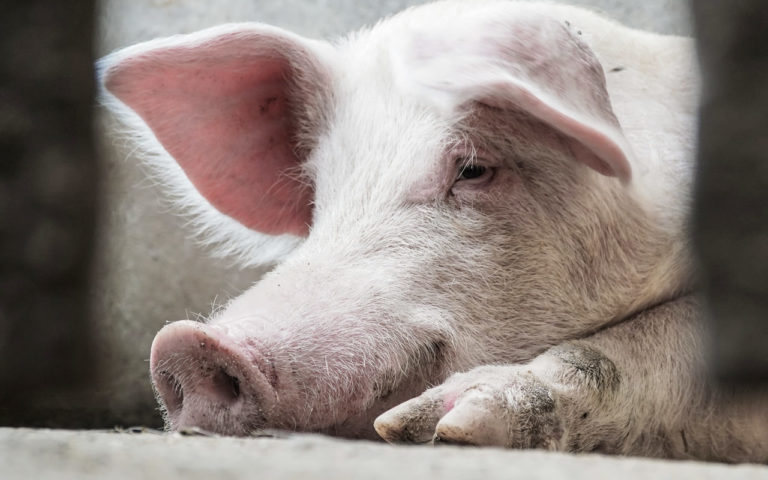
Prima Meat Packers Ltd.- Their first step towards Gestation Crate Free
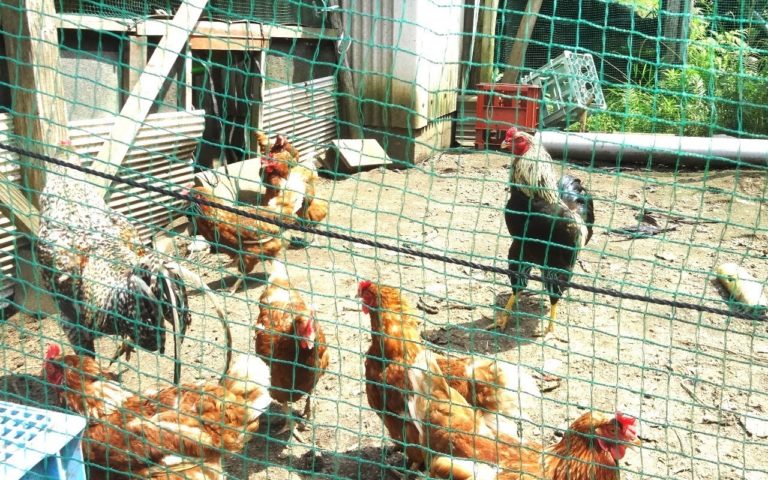
Kowata Shoten, in Iwate, is cage-free
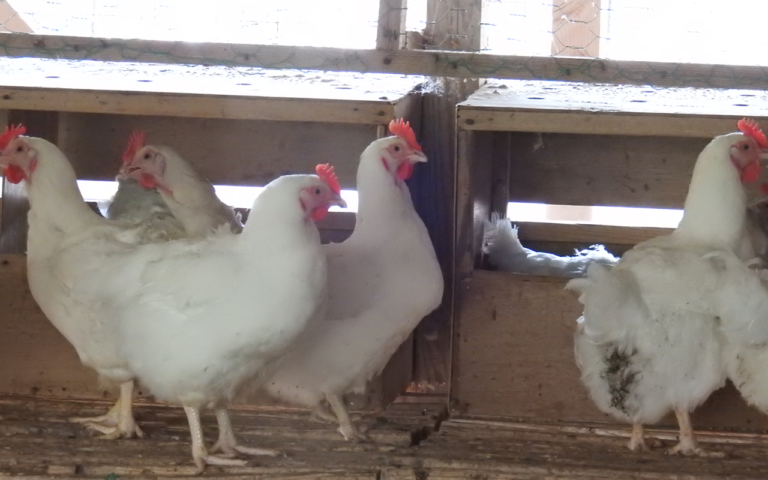
Hiyokono Cafe House, an organic cafe is cage-free
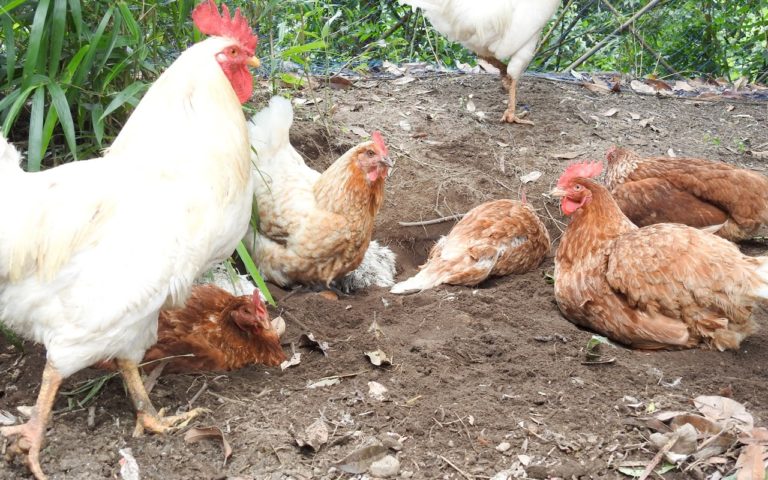
Fukuwarai, a bakery in Nara, is cage-free
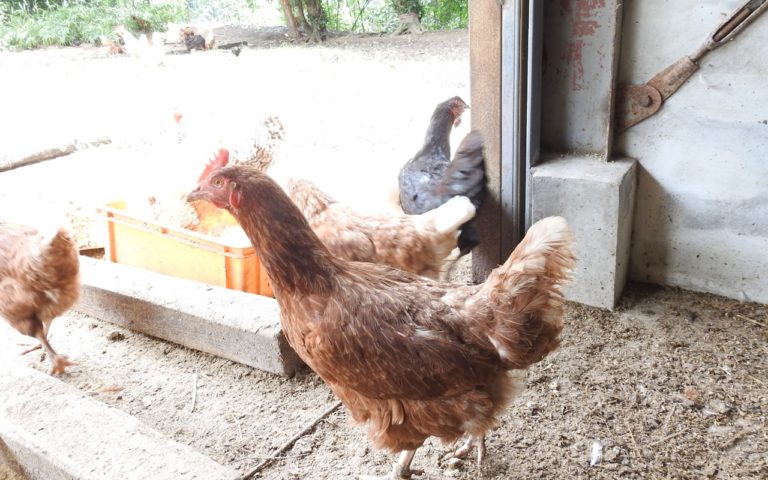
Chicken Country in Tsukishima, Tokyo, is cage-free
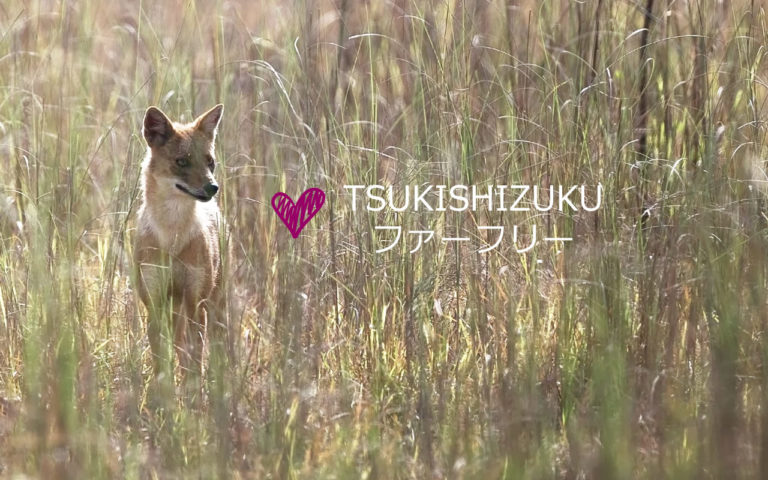
Good news! Online shop TSUKISHIZUKU is fur free!
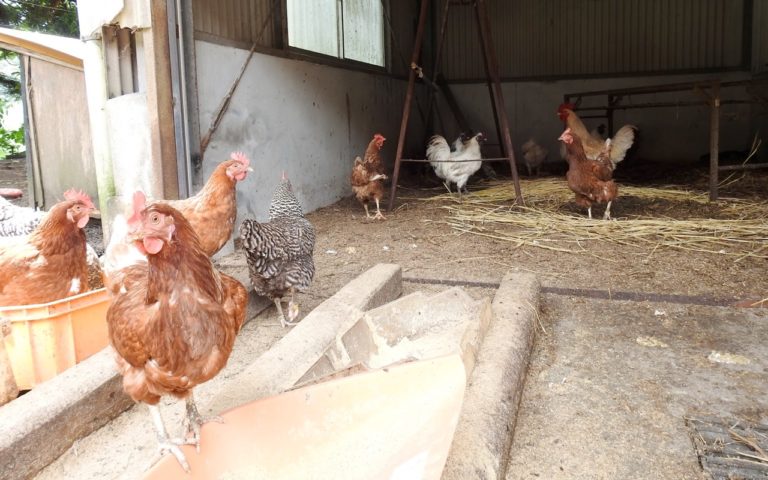
Berry Farm Toyoura in Abuta, is cage-free
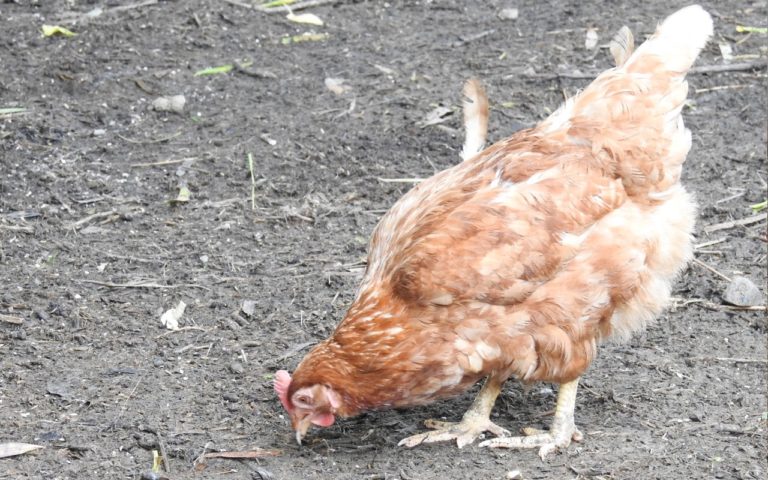
Minami Aoyama Essence, wine and Chinese medicinal cooking restaurant, is cage-free
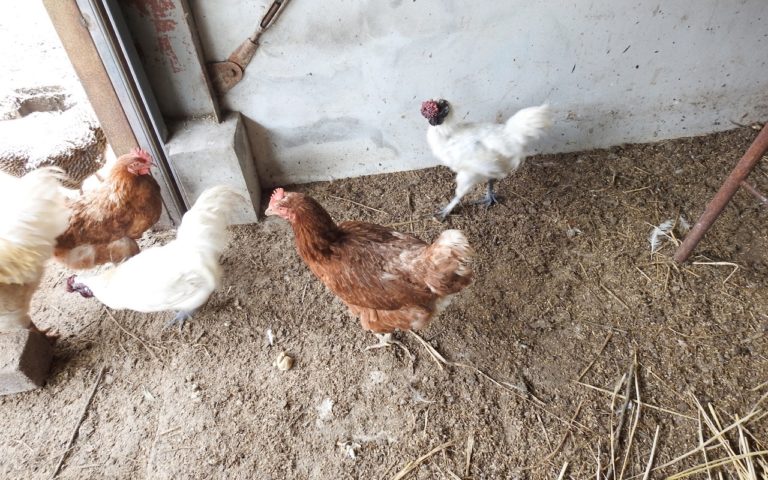
Lapin Noir Kurousagi, a bakery in Chichibu, is cage-free

Sugiura Inbo, a wine and bistro restaurant, is cage-free
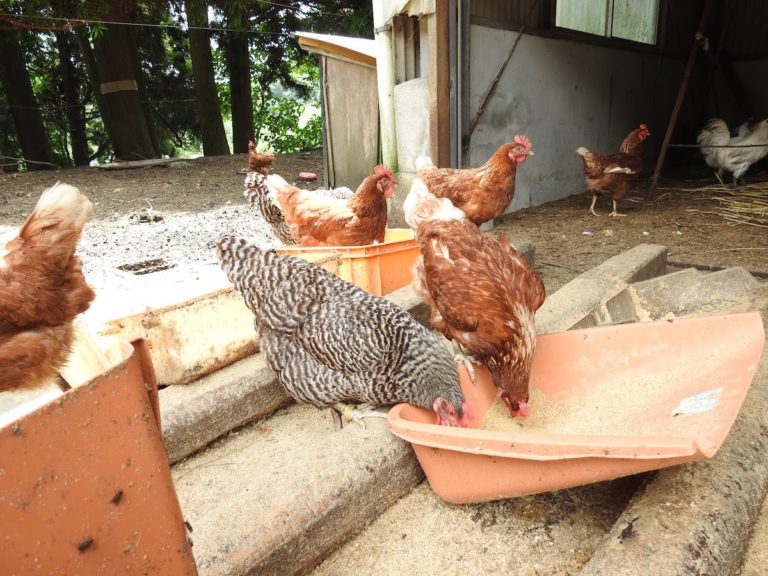
Soi cafe, a back alley cafe in Saitama, is cage free

Authentic Italian restaurant, Panzerotteria, is cage-free

Lina Mirai: “Just that one question, I’d like you to ask yourself once”
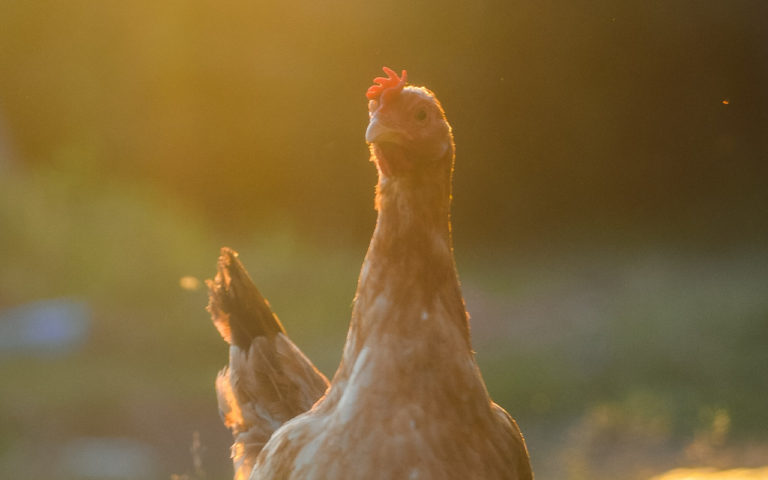
Colorado to ban production and sale of eggs with cages, requiring minimum space and enrichment

Good News! Hoyu Science Foundation abolishes animal experiments in its research grants for cosmetics and quasi drugs

Additive-free chiffon cake “Kimichiffon” is cage-free

Spanish restaurant El Campo is cage-free
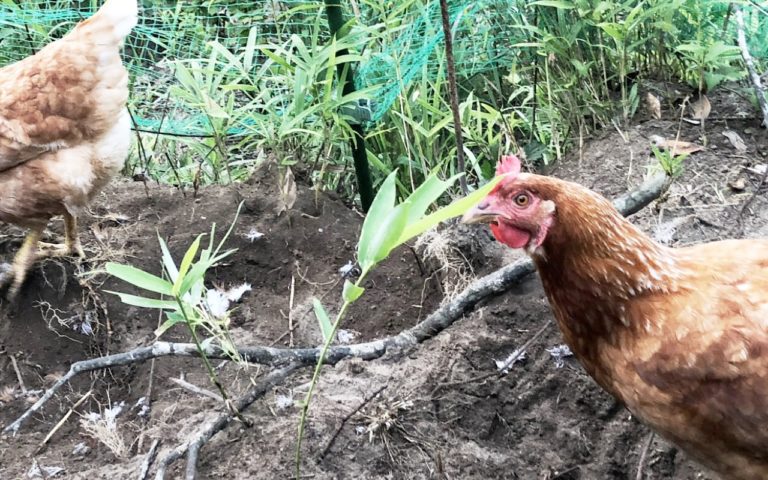
A ramen shop using free-ranged eggs, “Kakurenosato Araki“, is cage-free
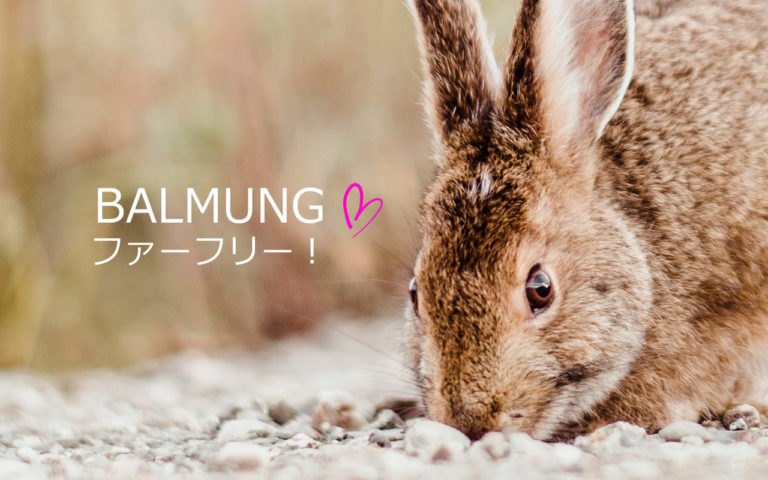
Good news! BALMUNG is fur free!
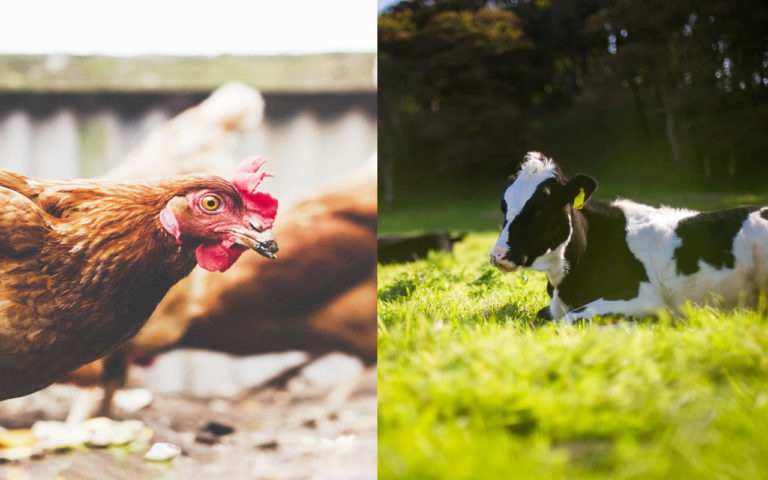
The “Ethical Time” shop full of ethical products declares cage free & tie-stall free
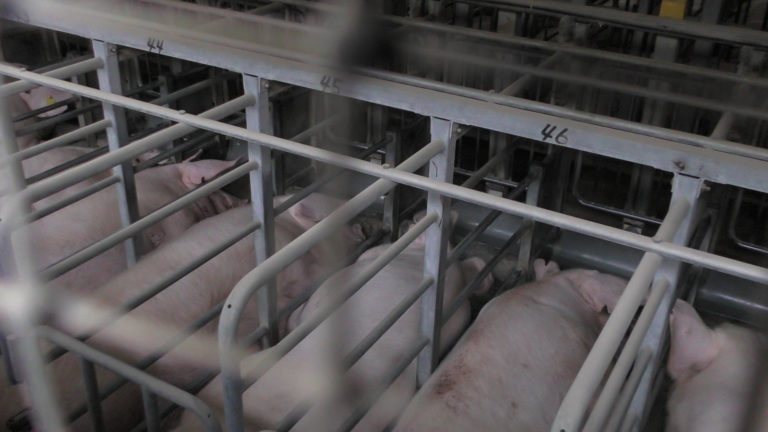
Establishing confinement facilities such as sow stalls and battery cages with subsidies
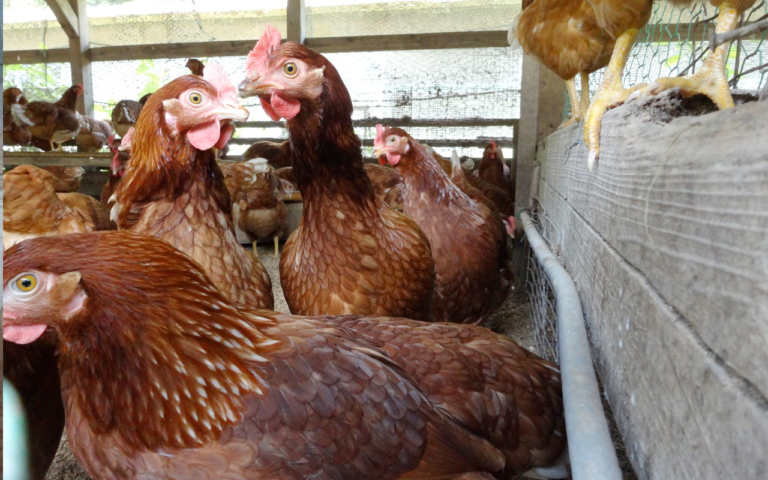
Wanohana, aiming for a recycling-based lifestyle, is cage-free
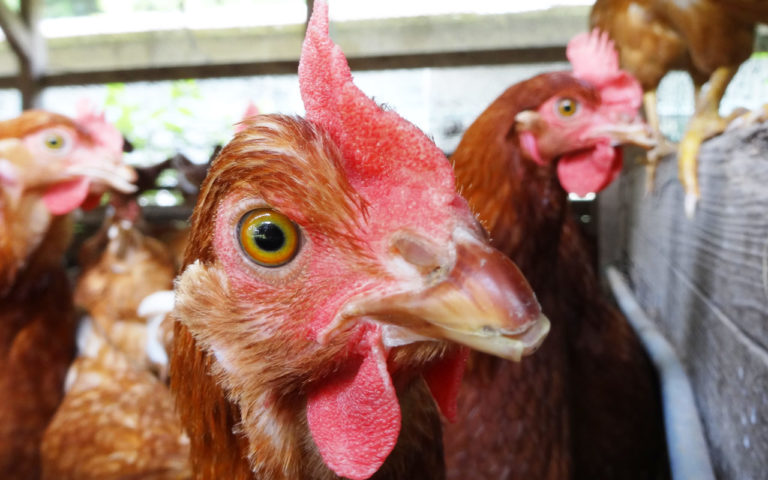
Nature training center and accommodation “Forest Nature School” is cage-free
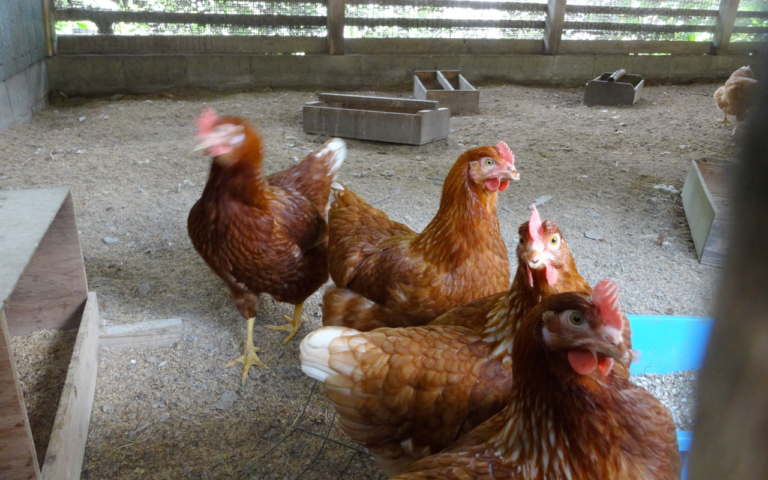
Purinyasan Hohoemi Kitchen, a specializing in barn-raised egg puddings, is cage-free
